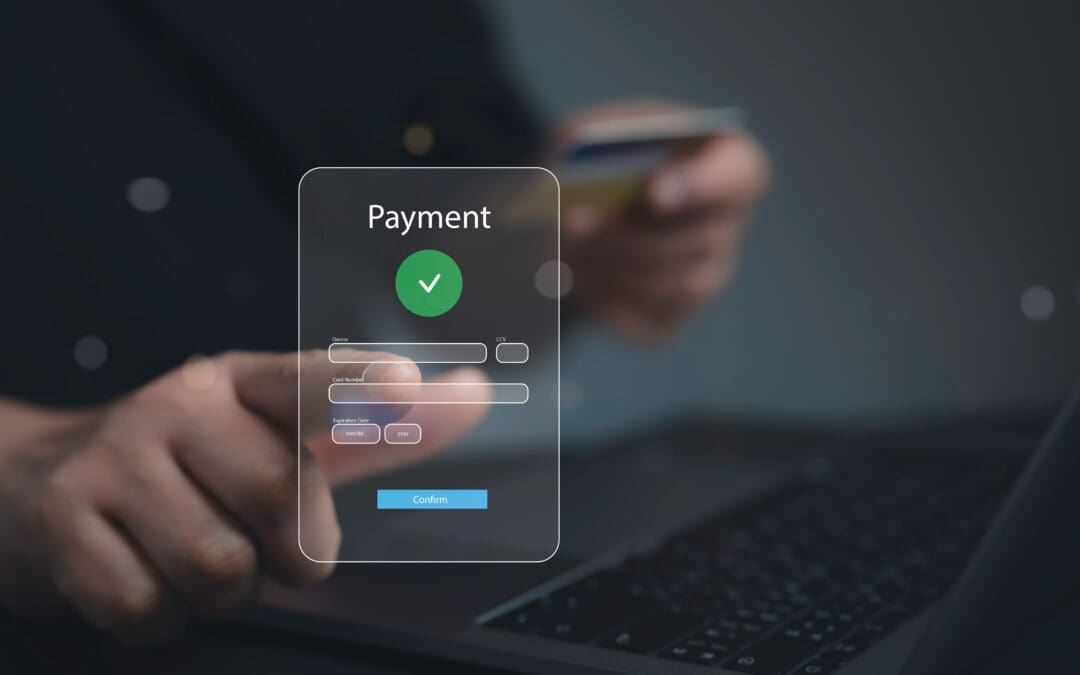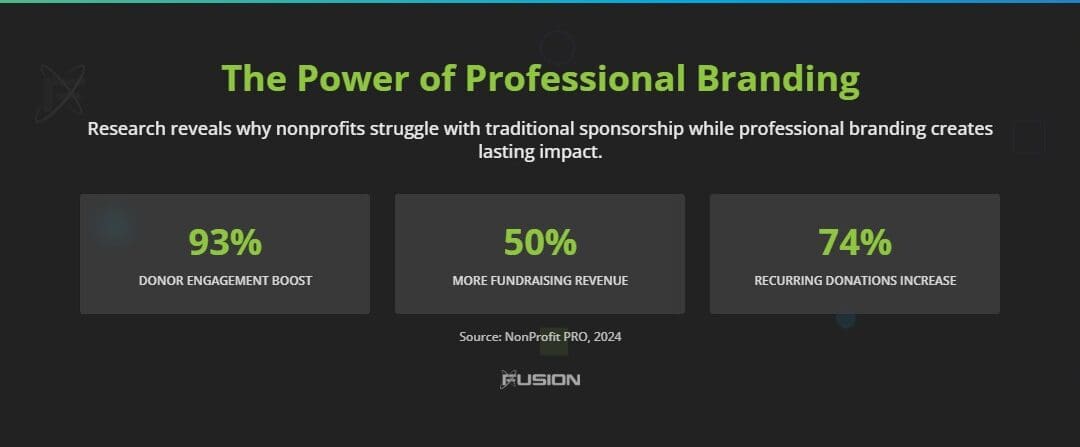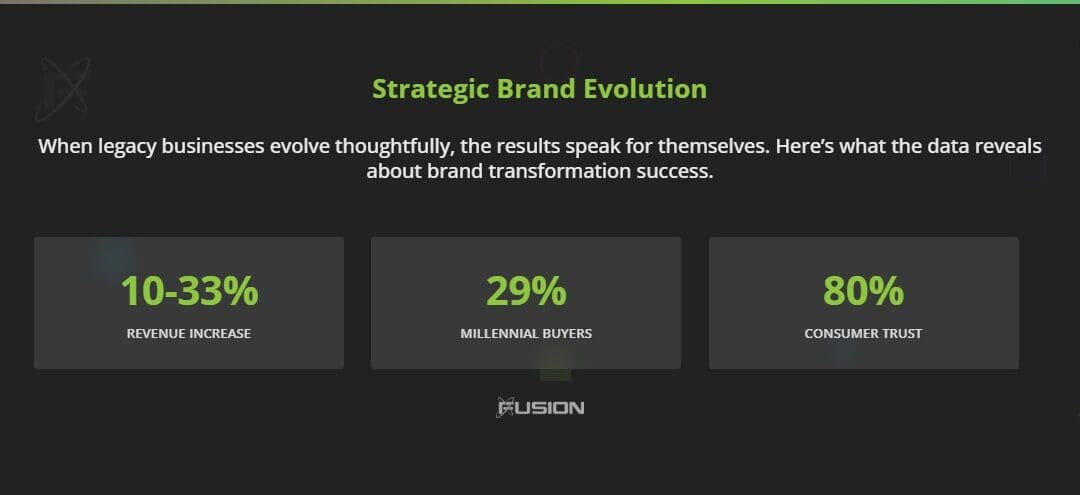Designing a logo is one of the most foundational steps for a budding business. It’s the face of your brand, the emblem that represents your values, and the first impression you’ll give to the world. But how does one come up with a visually stunning and conceptually resonant symbol from scratch? Here’s a step-by-step guide for business beginners looking to brainstorm the perfect logo design.
1. Research and Inspiration
Before the pen hits paper, your mind should be brimming with the context that will inform the design process. Here’s how to start:
Explore Industry Trends and Competitor Logos
Look at what’s out there. What trends are current in your industry? What values do they represent? Examining competitor logos can help you identify gaps in the market or clichés to avoid.
Gather Inspiration from Various Sources
Great logos aren’t created in a vacuum. Pull inspiration from diverse sources—art, nature, architecture, you name it. The more varied your sources, the more unique and impactful your logo can be.
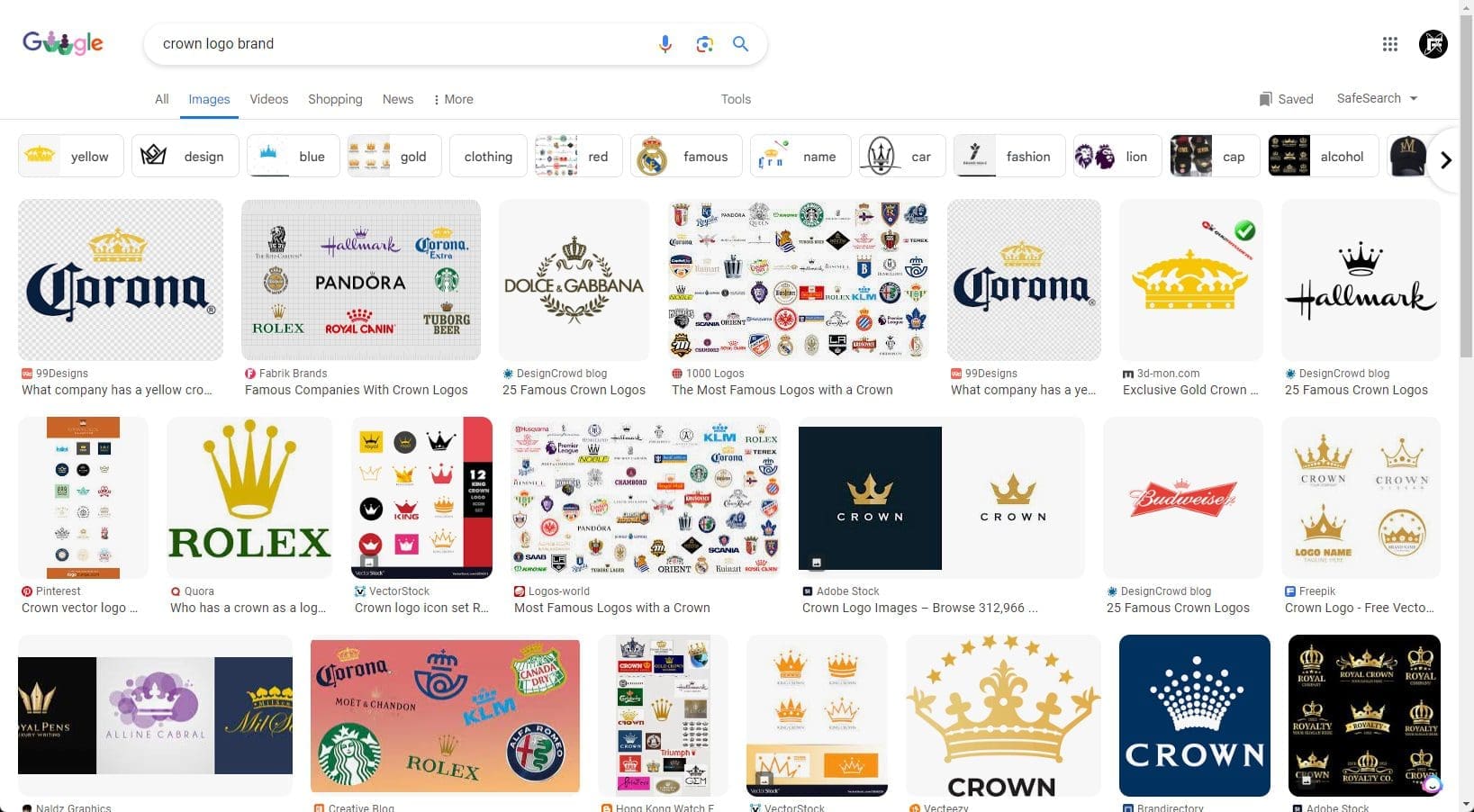
2. Define Your Brand Identity
Your logo is a visual representation of your brand’s identity. To pinpoint what that visual should say, consider:
Clarify Brand Values and Target Audience
What are your brand’s core values? Who is your ideal customer? Your logo should reflect these elements to connect emotionally with your audience.
Determine the Message Your Logo Should Convey
Do you want your logo to portray trustworthiness, innovation, or friendliness? Make a list of adjectives and concepts that should be embodied in the design.
3. Sketch and Conceptualize
Now it’s time to get those creative gears turning. But remember, this stage is all about quantity, not quality.
Start with Rough Sketches of Ideas
Don’t worry about perfection at this stage. Scratch paper is your friend—just get those initial ideas out of your head and onto a tangible medium.
Experiment with Different Concepts
Try not to settle too quickly. Push yourself to explore various visual concepts that might represent your brand. You never know where the next great idea will come from.
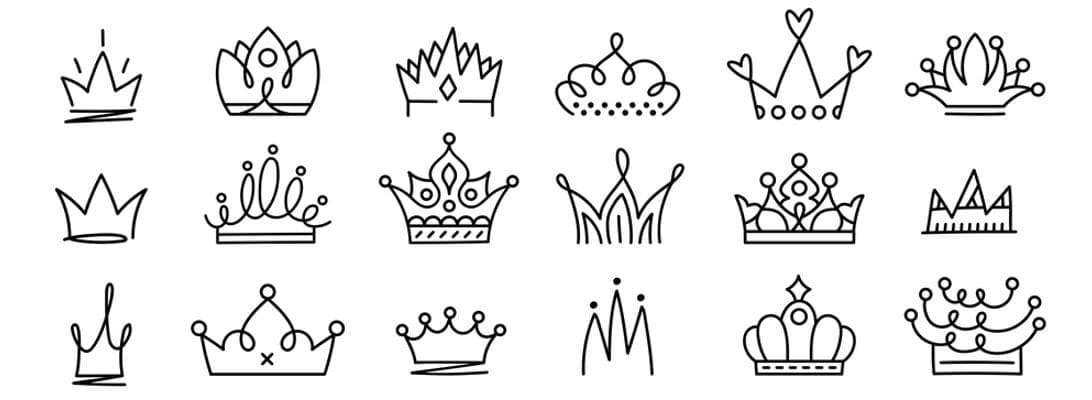
4. Refinement and Feedback
After a creative outburst of sketches, it’s time to pick a few favorites and refine them.
Select Top Concepts for Refinement
Narrow down your sketches to a handful of the most promising designs. These are the ones that most effectively communicate your brand’s message and style.
Seek Feedback from Peers or Professionals
Don’t be afraid to open up your designs to critique. Show them to friends, colleagues, or even professional designers to gather different perspectives.
5. Finalize and Implement
With feedback in hand, it’s time to polish your logo and get it ready for the world.
Choose the Winning Design
Based on the feedback and your gut feeling, pick the concept that’s the strongest contender for your brand. It should resonate with you and your target audience.
Ensure Scalability and Versatility
Your logo design should work on a variety of scales, from a tiny website favicon to a massive billboard. It should also be versatile enough to look good in different color schemes and on various backgrounds.
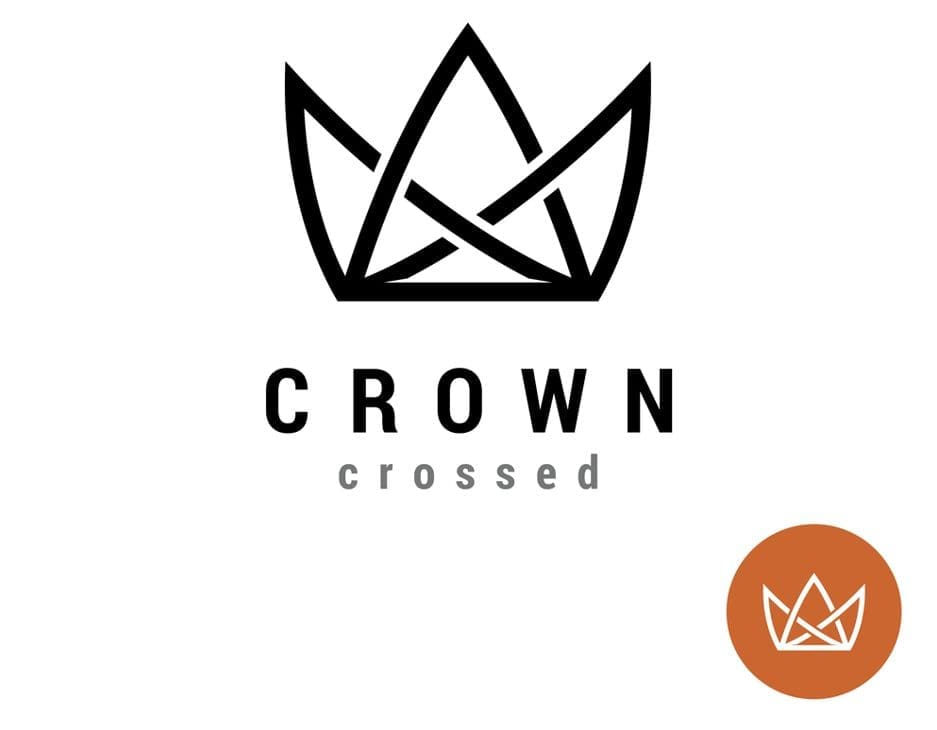
Conclusion
A logo is not simply a pretty picture; it’s a critical component of your brand’s identity and communication. When done right, it can lay the foundation for a successful business. Take your time to go through these steps, involve your team, and, most importantly, have fun with the creative process. Your logo is a visual promise to your customers—make it a good one.

